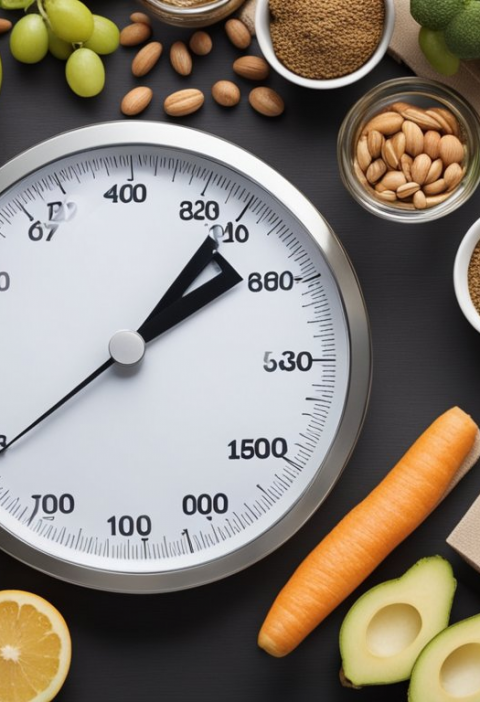If you’re looking to manage your weight, you’re not alone. Many people struggle with maintaining a healthy weight, whether it’s due to a busy lifestyle, lack of motivation, or simply not knowing where to start. Fortunately, there are simple and practical weight management tips that you can incorporate into your daily routine to help you achieve your goals.
One of the most effective ways to manage your weight is to focus on making small, sustainable changes to your diet and lifestyle. This might include swapping out unhealthy snacks for healthier options, increasing your intake of fruits and vegetables, and incorporating regular exercise into your routine. By making these changes gradually, you’ll be more likely to stick with them over the long term.

Another important aspect of weight management is staying mindful of your eating habits. This means paying attention to your hunger and fullness cues, eating slowly and mindfully, and avoiding distractions like phones or TV while you eat. By being more present and intentional with your eating, you’ll be better able to tune in to your body’s needs and make healthier choices.
Establishing a Balanced Diet
Maintaining a balanced diet is crucial for weight management. In this section, we will discuss some simple and practical tips to help you establish a balanced diet.
Understanding Macronutrients
Macronutrients are the three main nutrients that our body needs in large amounts: carbohydrates, proteins, and fats. Each of these nutrients has a specific role in our body, and it’s essential to consume them in the right proportion.
- Carbohydrates: They are the primary source of energy for our body. You should aim to consume complex carbs, such as whole grains, fruits, and vegetables, instead of simple carbs, such as refined sugar.
- Proteins: They are the building blocks of our body. You should try to incorporate lean protein sources, such as chicken, fish, beans, and tofu, into your diet.
- Fats: They provide energy and help our body absorb certain vitamins. You should aim to consume healthy fats, such as those found in nuts, seeds, and avocado, instead of saturated and trans fats.
Incorporating Fruits and Vegetables
Fruits and vegetables are an essential part of a balanced diet. They are low in calories, high in fiber, and packed with essential vitamins and minerals. Try to incorporate a variety of fruits and vegetables into your diet to ensure that you are getting all the necessary nutrients.
Controlling Portion Sizes
Portion control is crucial for weight management. Even healthy foods can lead to weight gain if consumed in large quantities. Use smaller plates, bowls, and cups to help control your portions. You can also use your hand as a guide to estimate portion sizes.
- Protein: The size of your palm
- Carbohydrates: The size of your fist
- Fats: The size of your thumb
Reading Food Labels
Reading food labels can help you make informed decisions about what you eat. Pay attention to the serving size, calorie count, and nutrient content. Look for foods that are low in added sugars, saturated fats, and sodium.
By following these simple and practical tips, you can establish a balanced diet that will help you achieve your weight management goals.






